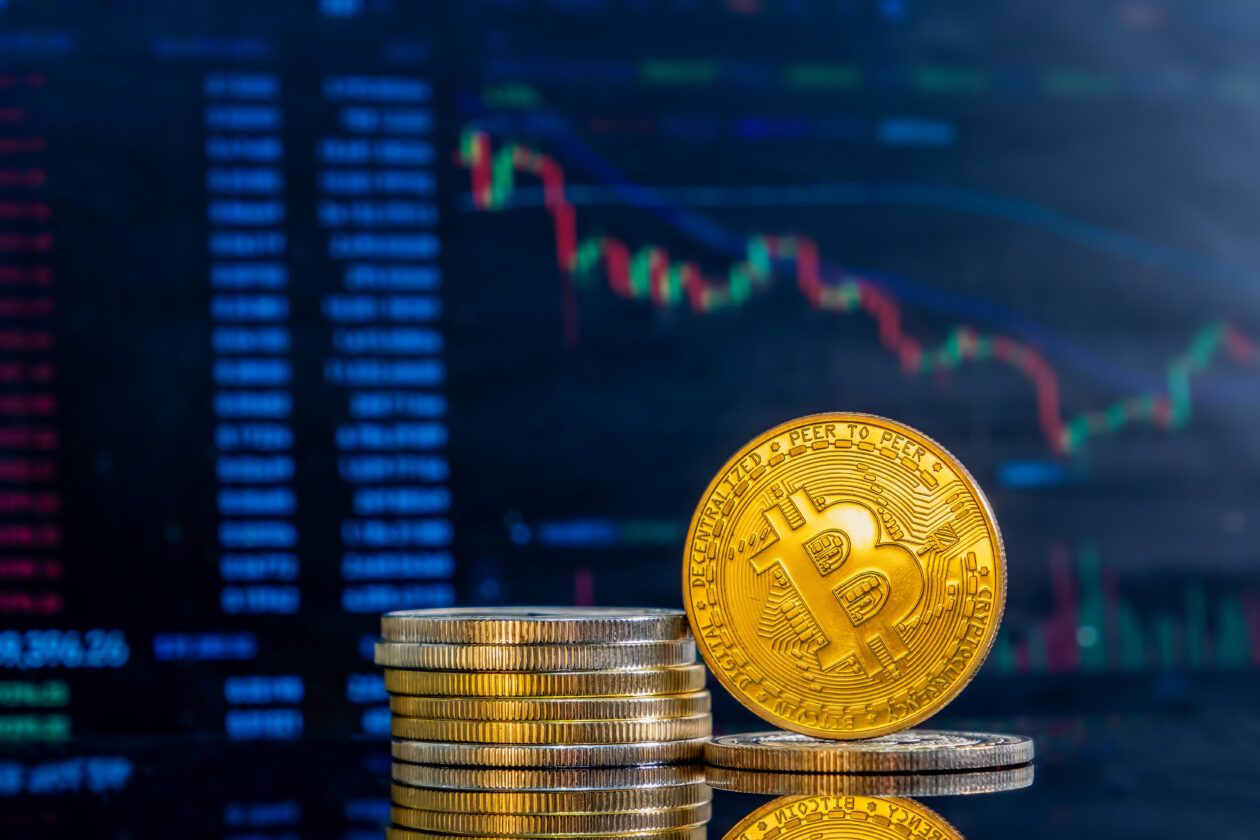Bitcoin fell and traded below US$28,000 in Monday afternoon trade in Asia. Ether and most other top 10 non-stablecoin cryptocurrencies by market capitalization also declined. The cryptocurrency market slipped after U.S. regulators pulled up Binance last week, the world’s largest cryptocurrency exchange, although the company has rejected allegations of breaking trading mandates.
See related article: US approach to crypto regulations is bad for consumers. Here’s what it can learn from the Philippines
Fast facts
- Bitcoin traded 1.66% lower at US$27,949 in 24 hours to 4 p.m. in Hong Kong on Monday, but gained 0.5% on the week, according to CoinMarketCap data. Ether lost 1.46% to US$1,794 and strengthened 2.38% in the last seven days.
- Cardano’s ADA was the only token to gain among the top 10 cryptos, climbing 1.52% in 24 hours to US$0.3936, bringing its weekly gains to 12.78%.
- Dogecoin dropped the most, at 7.17% to US$0.07808, although it gained 6.38% on the week.
- The global crypto market capitalization dropped 1.72% to US$1.17 trillion, while the total crypto market volume gained 21.28% in the last 24 hours to US$34.75 billion.
- Asian equity markets gained on Monday. Hong Kong’s Hang Seng Index rose 0.04% while Japan’s Nikkei 225 gained 0.52%. The Shanghai Composite inched up 0.72% and the Shenzhen Component Index strengthened 1.39%.
- The Forkast 500 NFT index was trading flat, sliding 0.04% on the day to 4,063.12 points, making for a weekly gain of 0.91%. The index is a proxy measure of the performance of the global NFT market and includes 500 eligible smart contracts on any given day.
- European bourses strengthened on the first trading day of April, as the benchmark STOXX 600 rose 0.21% while Germany’s DAX 40 inched up 0.15%. The S&P Global Eurozone Manufacturing Purchasing Managers’ Index came in at 47.3, down from 48.5 a month ago, reflecting the sharpest decline in the health of the European manufacturing sector since last November.
- Gold fell 0.21% to US$1,963 per ounce on Monday, after finishing the first quarter (Q1) nearly 8% higher. Prices were dragged down by a surprise cut in oil production of over 1 million barrels per day from the Organization of the Petroleum Exporting Countries (OPEC+), further raising concerns about inflation and more interest rate hikes.
- “There’s real concern that the surprise decision announced by Saudi Arabia for OPEC+ will prompt central banks to maintain interest rates higher for longer, due to the inflationary impact, which will hinder economic growth,” said Nigel Green, chief executive of financial advisory firm deVere Group.
- OPEC’s decision sent the U.S. dollar up 0.11% to around 102.6 points on Monday.
- Investors are looking forward to several economic indicators in the U.S. later this week, including the nonfarm payrolls data which would give some indication of employment situation in the world’s largest economy.
- See related article: Web3 can change the world. Why aren’t more people on board?







